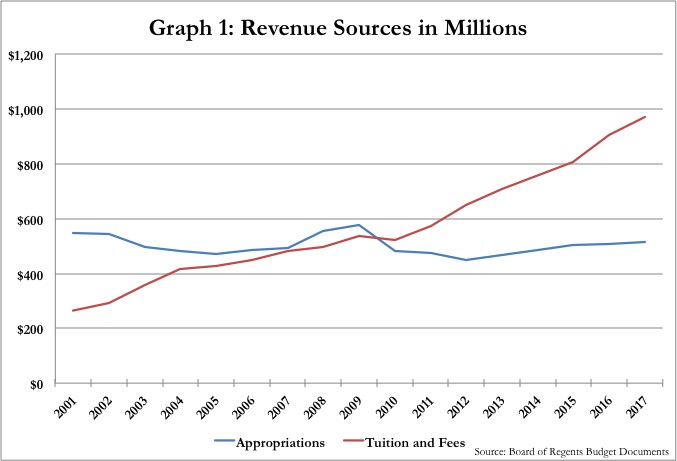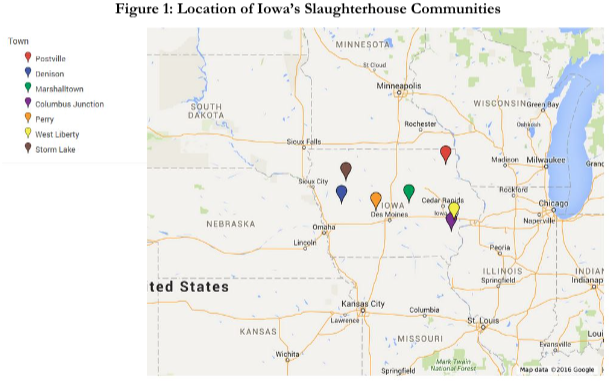Iowa native Austin Frerick is an economist who has worked at the Institute for Research on Poverty and the Congressional Research Service. -promoted by desmoinesdem
I’m sick and tired of being sick and tired of hearing about the death of every Iowa community that isn’t home to a Starbucks.
The Register published an in-depth story recently on the economic decline of Iowa’s midsize cities. The economic picture is bleak. Iowa’s midsize cities are the poorest parts of the state by most metrics.
In the article, two Iowa State University researchers argued that these communities should seek to lure “professional services jobs in health care and education and attracting lawyers, accountants and architects” instead of pushing for more jobs in manufacturing, which they call a “race to the bottom.”
I strongly disagree.
Fort Dodge, Keokuk and the 15 other midsize cities can thrive with both manufacturing and professional service jobs. Moreover, there is a real opportunity to bring back the type of well-paying manufacturing jobs that will allow these towns to once again thrive.







